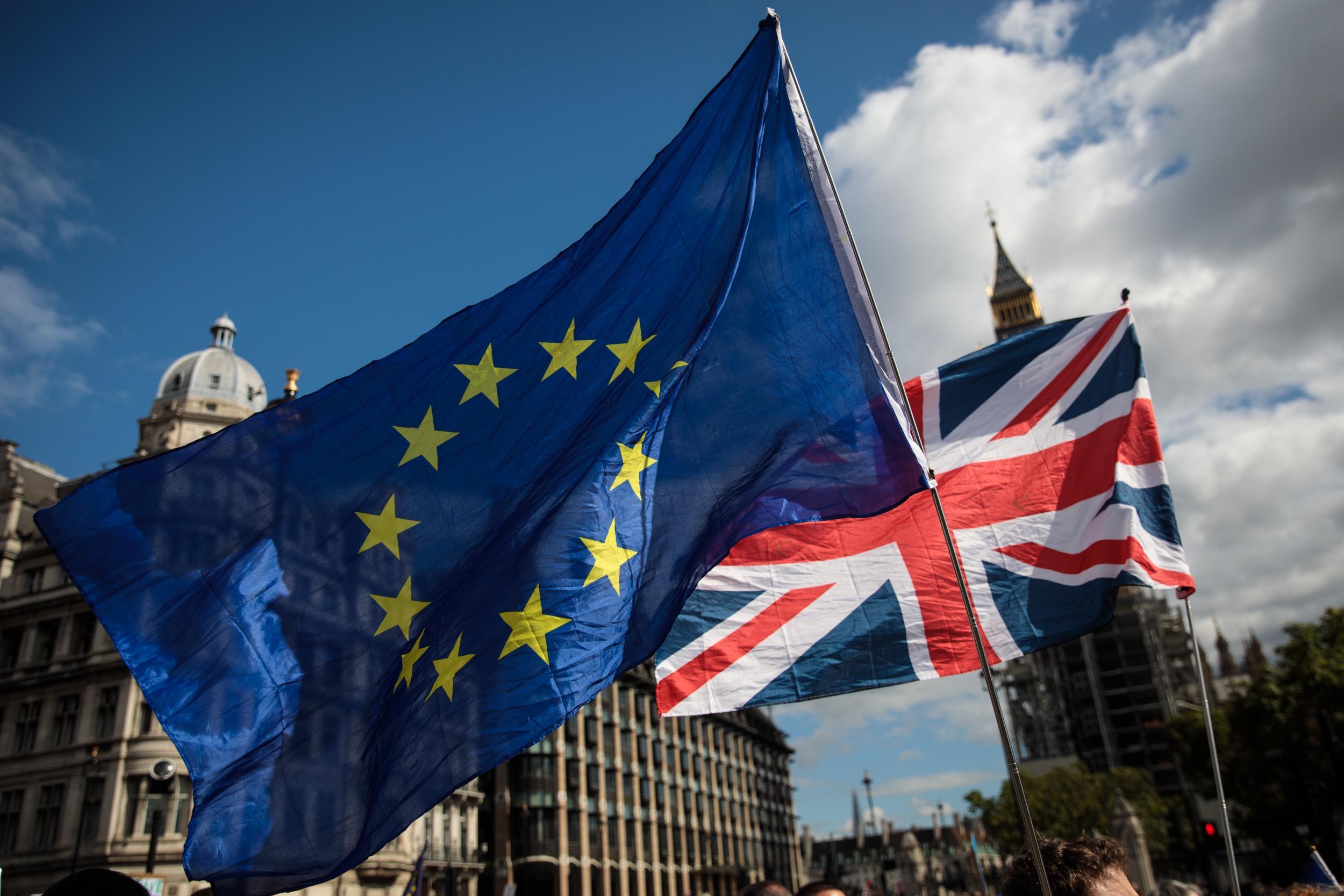UK human rights ‘put at risk’ by Brexit bill, warns senior academic
New motion gives ministers 'far-reaching' powers to change laws without parliamentary scrutiny

Your support helps us to tell the story
From reproductive rights to climate change to Big Tech, The Independent is on the ground when the story is developing. Whether it's investigating the financials of Elon Musk's pro-Trump PAC or producing our latest documentary, 'The A Word', which shines a light on the American women fighting for reproductive rights, we know how important it is to parse out the facts from the messaging.
At such a critical moment in US history, we need reporters on the ground. Your donation allows us to keep sending journalists to speak to both sides of the story.
The Independent is trusted by Americans across the entire political spectrum. And unlike many other quality news outlets, we choose not to lock Americans out of our reporting and analysis with paywalls. We believe quality journalism should be available to everyone, paid for by those who can afford it.
Your support makes all the difference.Leaving the EU puts the human rights of people in the UK “at risk” because the Government’s Brexit bill allows ministers to change or scrap legislation whenever they choose, a senior academic has warned.
Dr Tobias Lock, a senior lecturer in EU law at Edinburgh University, said the threat Brexit poses to individual rights goes far deeper than the fact the EU’s Charter of Fundamental Rights will cease to apply in the UK.
He said the main threat instead comes from the wording of the Government’s controversial EU Withdrawal Bill, which the House of Commons voted this week to pass to committee stage.
The bill is particularly contentious because it contains clauses that would allow ministers to use “Henry VIII” powers to amend legislation without parliamentary scrutiny. Other parties accused ministers of staging a “power grab”.
Because many of the rights enshrined in EU law, such as maternity leave, limits on working hours and the right to a weekend, will soon be transferred to UK law, they will be liable to be altered or scrapped entirely by UK governments.
The EU Withdrawal Bill explicitly prevents UK ministers from amending the Human Rights Act, but other legislation that guarantee rights and equality protections, such as the Equality Act, could be changed or repealed. Protections that are currently guaranteed under EU law “will become part of normal politics after Brexit”, Dr Lock said, leaving them in a more “precarious” position.
The academic, who is also co-director of the Europa Institute and an adviser to the Scottish Human Rights Commission on the implications of Brexit, told CommonSpace that the bill gives ministers “far-reaching” powers to make or change laws without approval from Parliament.
“All sorts of EU law is transformed into UK law by the bill, and the powers of government to amend those laws is then very far reaching,” he said.
The EU Withdrawal Bill also makes clear that the EU’s Charter of Fundamental Rights will not be adopted automatically into UK law.
However, Dr Lock said the impact of the change would not be widely felt.
“It hasn’t had huge effect in UK law so far,” he said. “There have been a few cases where it has been important, but it only applies to EU law.”
One consequence of the change is that people will lose the right to mount a legal challenge against a law on the basis that it breaches human rights.
“The EU rules we are currently applying will be UK rules, and [the Government] won’t have to comply with the charter when applying those rules,” Dr Lock said.
He highlighted one recent case where two women working in a foreign embassy had claimed their employment rights were not being met. While UK law means a foreign embassy cannot be sued, the women were able to rely on the Charter of Fundamental Rights to prove that they were being treated unfairly, because EU protections currently trump national laws.
Join our commenting forum
Join thought-provoking conversations, follow other Independent readers and see their replies
Comments